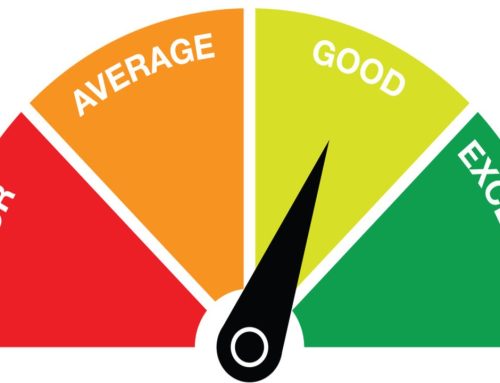
One new email scam was reported on ninemsn last week. This Facebook scam, many experts are saying could be the smartest yet.
How it works:
A message purporting to be from Facebook informs the user their account will be deleted in 24 hours unless they provide email, password and credit card details.
The sophisticated phishing scam is more dangerous than usual as it mimics the process used by Facebook to weed out trolls and abusers of the service’s terms of use.
Users are warned not to click on any links that contain the message: “LAST WARNING: Your account is considered to be violated (sic) the policies that are considered annoying or insulting to Facebook users.”
Should a user click through on the attached link, they will be requested to hand over personal information on forms that look like official Facebook pages.
Online security company Sophos, warns that social media companies will not request such sensitive information, says the scam is aimed at stealing a user’s identity.
“Once a criminal has gained access to a victim’s account, they will likely lock out the original account holder by changing account passwords and email addresses. With the credit card information, fraudsters can conduct identity theft and other malicious financial activity.”
When someone’s identity has been stolen, the perpetrator is able to pretend to be them. It is not widely know just how far fraudsters can go.
In one of the worst case scenarios, they could access credit in the name of the victim. It need not be a massive amount of credit to potentially damage the victim’s good credit rating – it is more about the timing. An account holder has 60 days to pay back an overdue account before they are defaulted.
If the victim is unaware of credit taken out in their name during this time, they probably would not get any warning letters, and they probably won’t get the default notice the creditor sends out. It will only be when the victim tries to take out credit in their own right are refused that they begin to realise their identity has been stolen.
A default for any amount – even as little as $300 can stop most people from obtaining credit, and the victim’s credit file shows that default for 5 years. They are also liable for all the outstanding monies against their name, unless they can prove the case of identity theft to creditors.
It’s a nightmare no one would wish to step in to. Any adverse listing can be difficult for the individual to remove, simply because of the need for full knowledge of legislation. The identity theft victim has all of this difficulty plus the added difficulty of trying to convince creditors they aren’t responsible for the debt in the first place. This requires the victim to provide copious amounts of evidence and even Police reports.
Anyone who uses Facebook is at risk. There have even been reports of fraudsters warehousing the personal information that teenagers freely post on Facebook, for use when they turn 18 and are able to be ‘credit active’. Or fraudsters may send malicious malware that when clicked on infects your computer and allows it to steal your passwords and other information.
If you must use Facebook, keep your privacy settings high, be wary about clicking on links – especially ones which offer prizes for entering your personal details, and try and avoid any pages which ask for you to re-enter login details or other personal information. If you are unsure if something is legitimately from Facebook, you can always contact them first to verify it.
For more information on Facebook scams, visit the Government’s Stay Smart Online website. Or for help with recovering your credit rating following a facebook scam, contact MyCRA Credit Repairs tollfree on 1300 667 218 or visit the main website www.mycra.com.au.




![[MEDIA RELEASE] Why tens of thousands of Australians’ credit scores will jump on February 14 automatically](https://mycralawyers.com.au/wp-content/uploads/2020/01/4k-500x383.jpg)
Leave A Comment